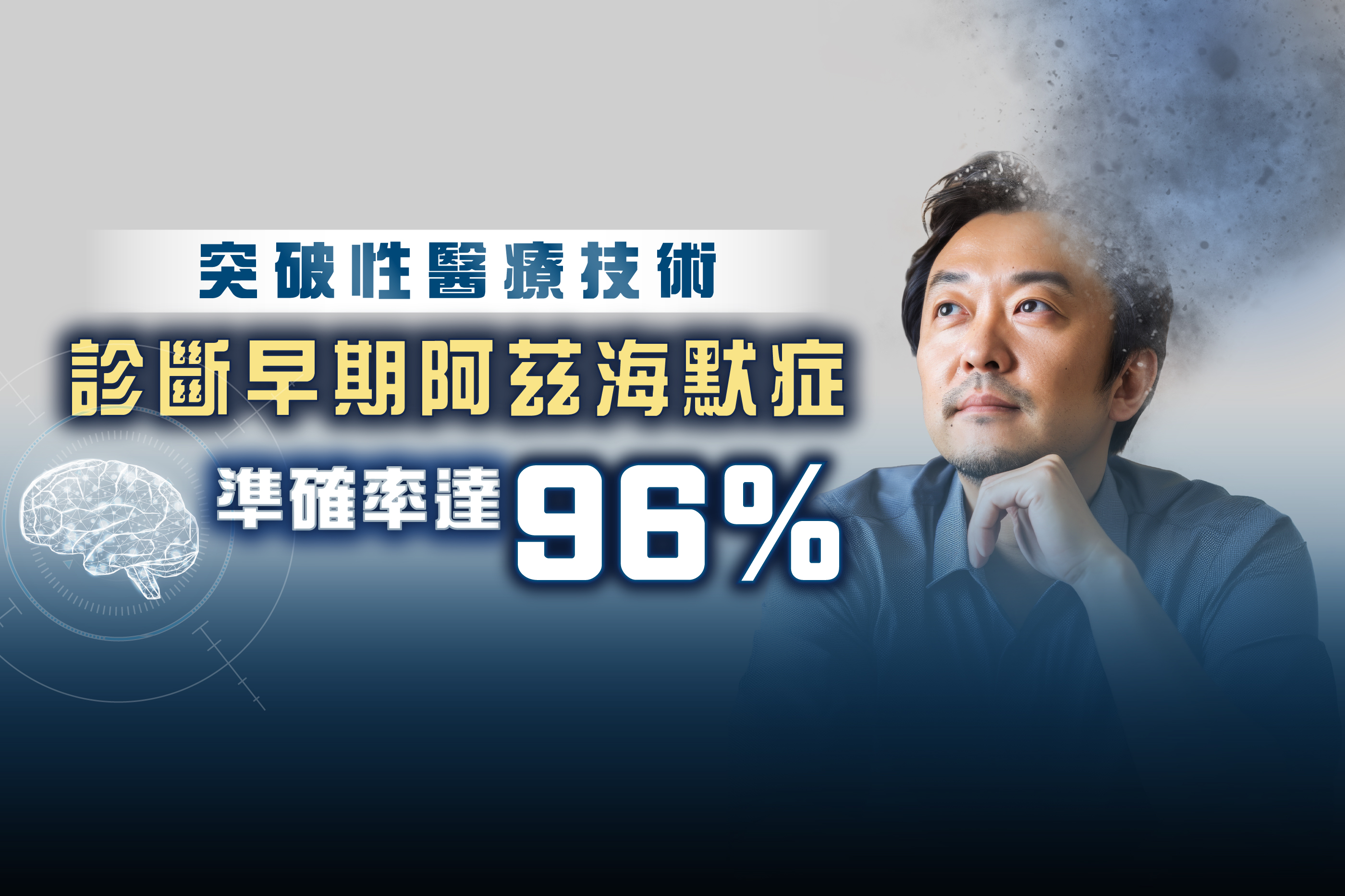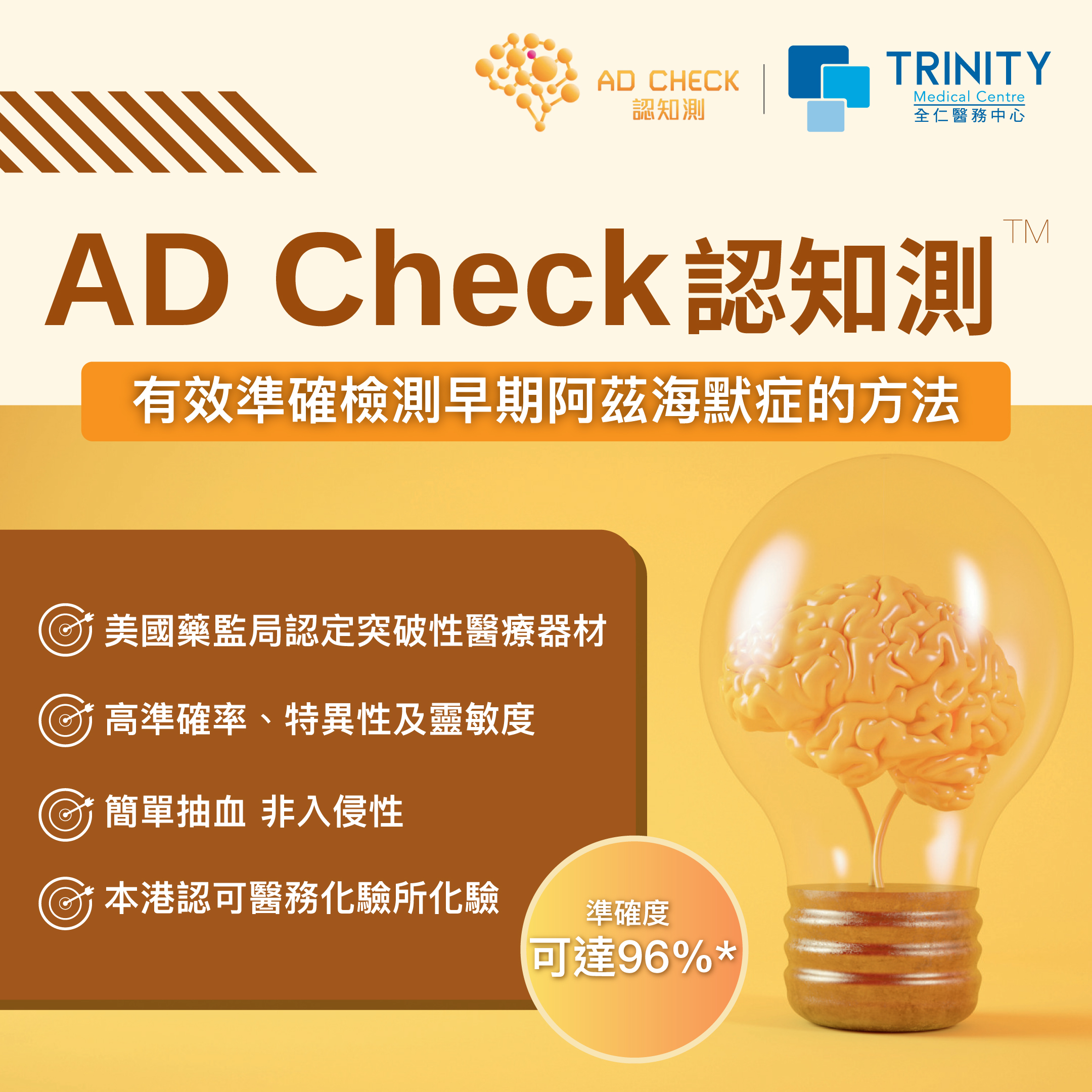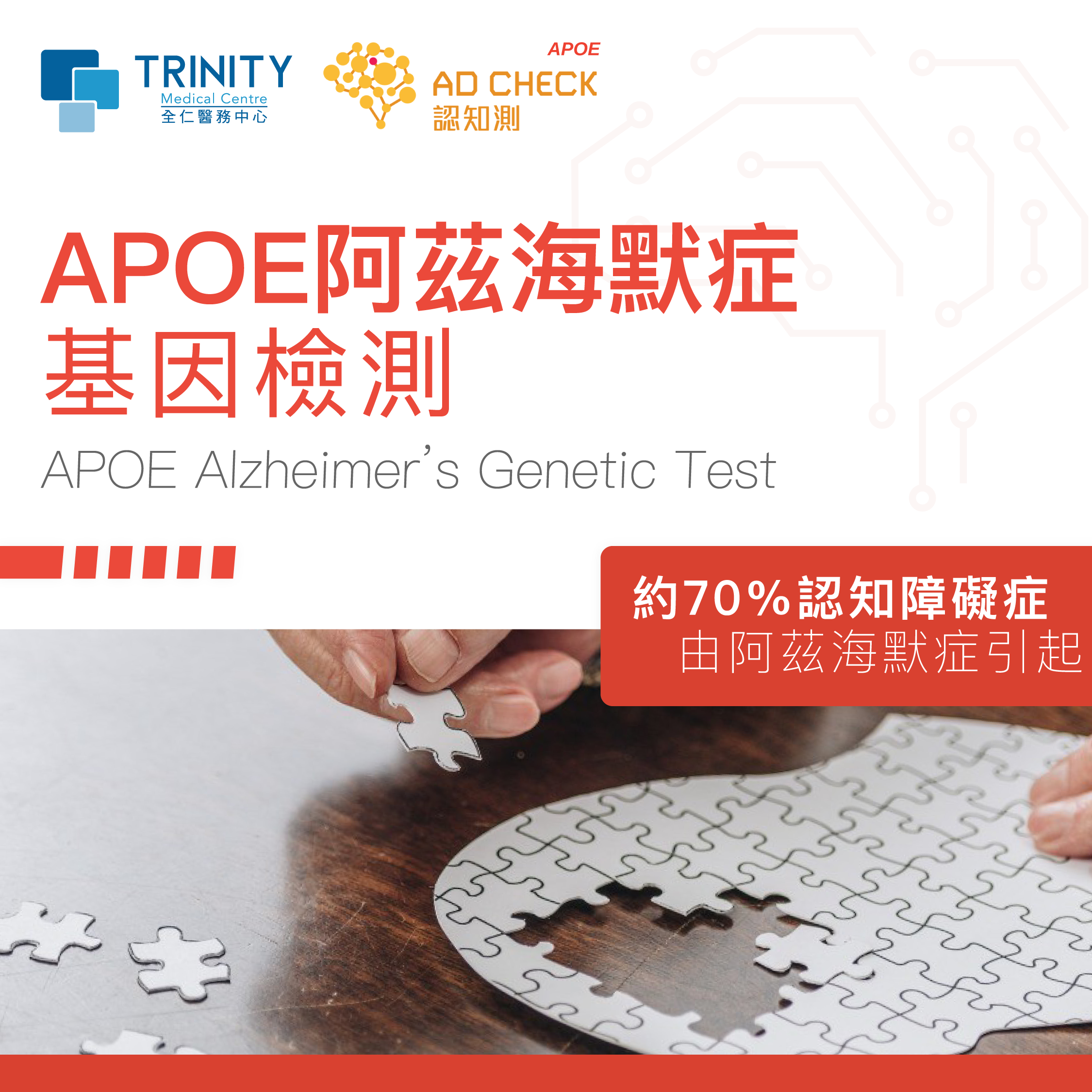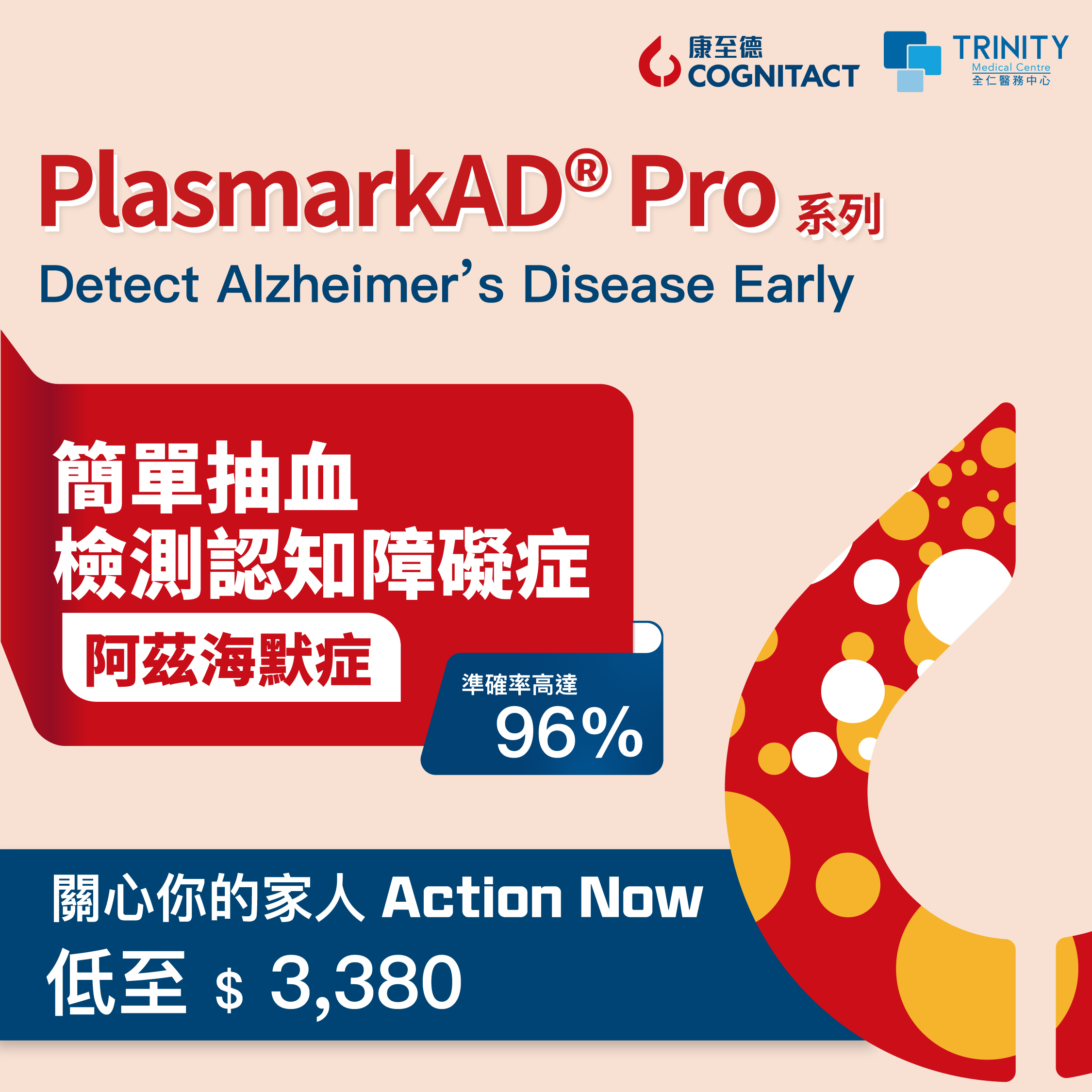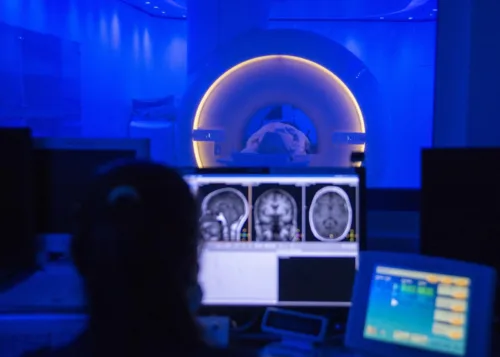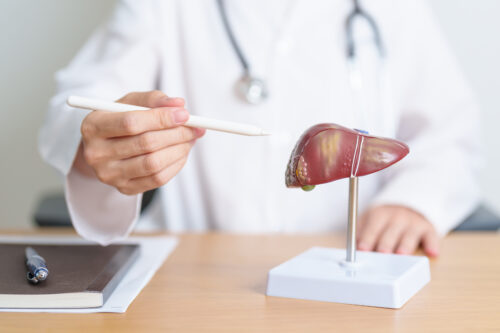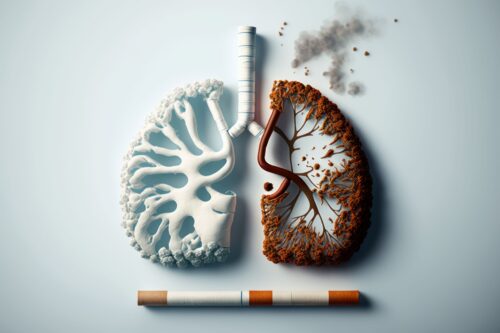The damage caused by dementia is irreversible, but the earlier it is identified and addressed, the better the chances of delaying deterioration and maintaining quality of life. This article provides a comprehensive overview of the types of dementia, early symptoms, and high-risk groups, and introduces a cutting-edge test that helps detect early-stage Alzheimer’s disease—empowering you to “know before it strikes.”
Can Dementia Steal Your Memories?
Dementia, also known as neurodegeneration, refers to a group of conditions that impair brain function. Patients experience accelerated brain cell death, leading to brain atrophy, which affects memory, language, judgment, and daily functioning. As the disease progresses, individuals may lose basic self-care abilities, such as dressing, toileting, and even swallowing—eventually becoming fully dependent on others, similar to an infant.
More concerning is the gradual loss of recognition of loved ones and familiar environments, due to the deterioration of the hippocampus and temporal lobe—areas of the brain responsible for memory storage and recognition.
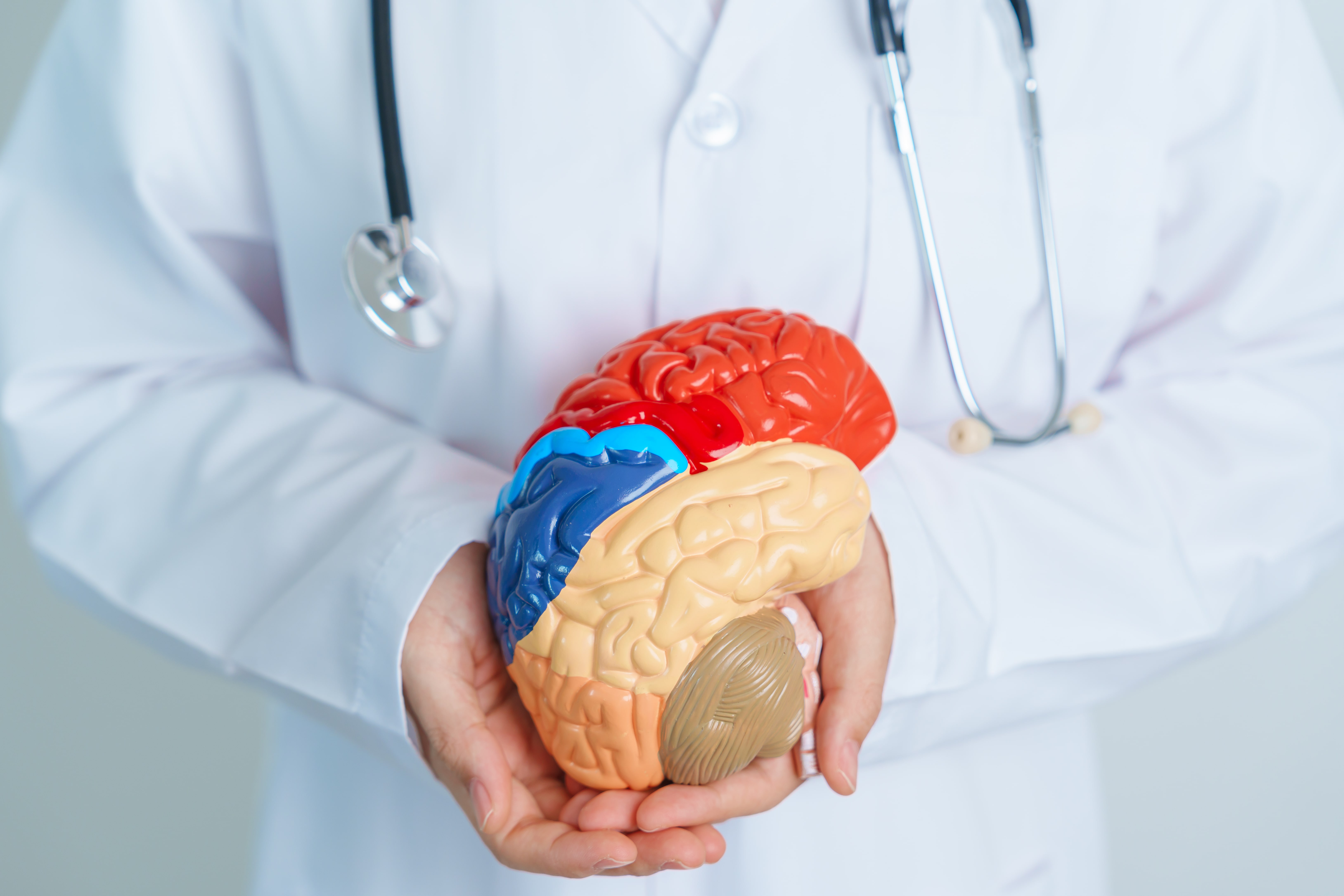
What Are the Different Types of Dementia?
Dementia is not a single disease, but a general term for a range of neurodegenerative conditions. Understanding the types helps with early identification and choosing the right treatment.
Main Types and Features of Dementia
| Type | Features & Pathology | Common Symptoms |
|---|---|---|
| Alzheimer’s Disease | The most common type (50–75%), involving abnormal brain cell death that impairs neural communication. | Gradual memory loss, impaired judgment, language difficulties, disorientation. |
| Vascular Dementia | Caused by stroke or chronic cerebrovascular disease, resulting in reduced blood flow and brain tissue damage. | Stepwise decline in function, worsening after each stroke, often coexisting with hypertension or diabetes. |
| Lewy Body Dementia | Caused by Lewy body protein deposits in brain cells, associated with Parkinson’s disease. | Memory loss, visual hallucinations, rigidity, fluctuating alertness. |
| Frontotemporal Dementia | Mainly affects the frontal and temporal lobes; earlier onset (ages 40–60). | Personality and behavior changes, emotional instability, language impairment, relatively mild memory loss. |
| Huntington’s Disease | A hereditary neurodegenerative disorder, typically begins between ages 30–50. | Motor dysfunction, cognitive decline, mood swings, and depression. |
What Are the Early Signs of Dementia?
Dementia progresses gradually. Early detection and intervention can help delay the progression. The following are key symptoms across different stages:
Early Stage (Mild Cognitive Impairment)
- Short-term memory loss—frequently forgetting recent events
- Repeated questions or actions
- Getting lost in familiar surroundings
- Difficulty handling complex tasks
- Decline in verbal expression
- Loss of interest in hobbies
- Mood swings, such as anxiety or depression
Middle Stage (Moderate Dementia)
- Severe disorientation—even within the home
- Poor judgment—making illogical decisions
- Decreased independence—requires help brushing teeth or washing
- Confusion about time—day and night reversal
- Worsening behavioral issues—possibly aggressive behavior
- Hallucinations or delusions
- Noticeable decline in language comprehension and expression
Late Stage (Severe Dementia)
- Unable to recognize family and friends
- Total loss of independence—incontinence
- Difficulty swallowing—needs feeding support
- Near-complete loss of verbal abilities
- Severely impaired motor function—unable to walk independently
Who Is at High Risk for Dementia?
Anyone can develop dementia, but the following risk factors significantly increase the likelihood:
- Older age
- Family history of dementia
- Cardiovascular conditions (e.g., hypertension, diabetes)
- History of stroke or brain injury
- Carrier of the APOE ε4 gene
- Chronic stress or depression
- Long-term smoking or alcohol abuse
How to Self-Assess Your Memory?
Staying aware of your cognitive health is essential. These tips can help with preliminary assessment:
Track memory issues: e.g., forgetting appointments, losing items, struggling to recall events.
Simple tests: memorize a string of numbers or words, then recall them after a few minutes; use mobile apps for online memory tests.
Professional assessment: if you suspect cognitive decline, consider a neuropsychological evaluation for a full assessment.
 Memory Loss Is Not to Be Ignored—Screening Is Key
Memory Loss Is Not to Be Ignored—Screening Is Key
If you’re experiencing memory issues or belong to a high-risk group, further brain health screening is recommended. Various diagnostic methods are available, including cognitive assessments, genetic testing, and brain imaging.
Cognitive Function Tests: Tools such as the MMSE (Mini-Mental State Examination) and MoCA (Montreal Cognitive Assessment) use structured questionnaires to evaluate memory, language, orientation, calculation, and more—helpful in identifying mild cognitive impairment or early Alzheimer’s disease.
APOE Genetic Test: Determines whether you carry high-risk genetic variants such as APOE ε4. While not a diagnostic tool for Alzheimer’s alone, it helps assess your genetic risk profile.
Magnetic Resonance Imaging (MRI): Detects brain structural changes and atrophy, useful in identifying Alzheimer’s and other degenerative diseases. Magnetic Resonance Angiography (MRA) may be added to assess risk for vascular dementia.
Computed Tomography (CT): Helps rule out hemorrhage, tumors, or other structural abnormalities—providing valuable diagnostic insight for clinicians.
Breakthrough Technology: Early Alzheimer’s Detection via Blood Test
Traditional dementia diagnosis relies on cognitive tests and brain scans—often identifying the disease only after symptoms appear. AD Check Cognition Test™ is a breakthrough technology that detects early-stage Alzheimer’s disease using a simple blood sample. It measures the Alzheimer’s-related biomarker p-Tau217 to identify pathological changes before symptoms emerge.
Advantages of AD Check Cognition Test™
- Early Detection: Identifies pathological changes years before symptoms arise
- High Accuracy: 96% accuracy, 98.2% sensitivity, and 98.6% specificity
- Fast & Non-invasive: Requires only a blood sample—no complex imaging needed
- Cost-Effective: Much more affordable than conventional imaging scans
- Advanced Technology: FDA-designated Breakthrough Device
Recommended For:
- Individuals with family history, chronic illness, hypertension, diabetes, or stroke
- Smokers, drinkers, those under long-term stress, or with depression
- APOE ε4 gene carriers
- Middle-aged individuals (40+) looking to prevent cognitive decline
- Anyone concerned about memory changes
Take Proactive Steps to Prevent Dementia and Protect Brain Health
Although dementia is currently incurable, early detection and intervention can significantly delay its progression. If you’re noticing memory decline, mood changes, or belong to a high-risk group, consider the AD Check Cognition Test™ to assess your brain health and reduce future regret.
8 Effective Ways to Boost Memory
In addition to testing, daily habits can help protect brain function. These eight lifestyle strategies support memory and delay cognitive decline:
- Balanced Diet: Eat antioxidant-rich and Omega-3 foods—dark leafy greens, berries, nuts, salmon.
- Regular Exercise: At least 150 minutes of moderate aerobic activity weekly (e.g., brisk walking, swimming).
- Adequate Sleep: 7–9 hours of quality sleep nightly helps consolidate memory.
- Stress Management: Practice meditation, yoga, or other relaxation techniques.
- Social Engagement: Interact with others to stimulate various brain regions.
- Lifelong Learning: Acquire new skills, learn languages, play brain games.
- Memory Training: Use visual associations or chunking techniques.
- Routine Health Checks: Manage chronic conditions such as hypertension and diabetes.
Frequently Asked Questions (FAQs)
Q1: Are dementia and Alzheimer’s disease the same?
Dementia is a general term for multiple neurodegenerative diseases. Alzheimer’s is the most common form, accounting for 50–75% of cases. Other types include vascular dementia and Lewy body dementia.
Q2: Can dementia be cured?
Currently, there is no cure. However, early detection and treatment can delay progression and improve quality of life.
Q3: What are the early signs of dementia?
Short-term memory loss, getting lost in familiar places, language difficulties, repeated behaviors, poor judgment, and emotional instability.
Q4: Who should consider the AD Check Cognition Test™?
Individuals over 40, with a family history, cardiovascular issues, past strokes, or long-term psychological stress.
Q5: Is dementia hereditary?
Some types, like early-onset Alzheimer’s and Huntington’s disease, are gene-related. However, lifestyle and chronic conditions also play crucial roles.
*This article is for reference only. Please consult a medical professional for any health concerns.
References:
1. Census and Statistics Department – Statistics and You
2. 香港中文大學醫院 – 醫路同行:不同認知障礙病變 部分病因可預防
3. 香港認知障礙協會 – 認知障礙症類型
4. 養和醫院 – 及早發現認知障礙症10個警號
5. 律敦治及鄧肇堅醫院 – 認知障礙症照顧者手冊
6. Smart Patient – Causes and Risk Factors
7. 健康研點 – 認知障礙症檢測與評估:從認知障礙症到阿茲海默症的早期識別
8. Adventist Health – Cognitive Impairment and Dementia

